Intensity cultivation induced effect on soil organic carbon dynamic in the western cotton area of Burkuna Faso
The soil organic carbon (SOC) dynamic is a key element of soil fertility in savannah ecosystems that form the key agricultural lands in sub-Saharan Africa. In the western part of Burkina Faso, the land use is mostly linked to cotton-based cropping systems. Use of mechanization, pesticides, and herbicides has induced modifications of the traditional shifting cultivation and increased the need for sustainable soil fertility management. The SOC dynamic was assessed based on a large typology of land cultivation intensity at Bondoukui. Thus, 102 farm plots were sampled at a soil depth of 0–15 cm, considering field–fallow successions, the cultivation phase duration, tillage intensity, and soil texture. Physical fractionation of SOC was carried out by separating the following particle size classes: 2,000–200, 200–50, 50–20, and 0–20 µm. The results exhibited an increase in SOC stock, and a lower depletion rate with increase in clay content. After a long-term fallow period, the land cultivation led to an annual loss of 31.5 g m?2 (2%) of its organic carbon during the first 20 years. The different fractions of SOC content were affected by this depletion depending on cultivation intensity. The coarse SOC fraction (2,000–200 µm) was the most depleted. The ploughing-in of organic matter (manure, crop residues) and the low frequency of the tillage system produced low soil carbon loss compared with annual ploughing. Human-induced disturbances (wildfire, overgrazing, fuel wood collection, decreasing fallow duration, increasing crop duration) in savannah land did not permit the SOC levels to reach those of the shifting cultivation system.
